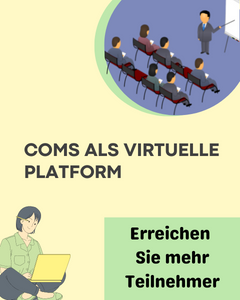Konferenzen > Informatik > Softwareentwicklung > Zypern
Wählen Sie ein Land aus
Australien (1) Belgien (1) Brasilien (2) Deutschland (84) Dominikanische Republik (1) Dänemark (1) Frankreich (1) Griechenland (1) Großbritannien (7) Indien (1) Italien (2) Japan (2) Kanada (2) Niederlande (3) Norwegen (1) Polen (1) Republik Korea (1) Spanien (1) Vereinigte Staaten (9) Zypern (3)
1
SANER 2026 — The 33rd IEEE International Conference on Software Analysis, Evolution and Reengineering
17. Mär 2026 - 20. Mär 2026 • Limassol, Zypern
Eintrags-ID:
1660919
2
VARIABILITY 2026 — International Conference on Software and Systems Reuse, Product Lines, and Configuration
29. Sep 2026 - 02. Okt 2026 • Limassol , Zypern
Eintrags-ID:
1676916
3
IEEE ISSRE 2026 — 37th IEEE International Symposium on Software Reliability Engineering
20. Okt 2026 - 23. Okt 2026 • Limassol, Zypern
Eintrags-ID:
1695545
Webseite:
Conference-Service.com stellt der Öffentlichkeit ein Kalendarium wichtiger Konferenzen, Symposien und sonstiger Tagungen im wissenschaftlich-technischen Bereich zur Verfügung. Obwohl das Verzeichnis mit großer Sorgfalt zusammengestellt und ständig aktualisiert wird, weisen wir auf die Möglichkeit von Fehlern ausdrücklich hin. Bitte vergewissern Sie sich immer beim Veranstalter, bevor Sie über die Teilnahme oder Nichtteilnahme an einer Konferenz entscheiden.
Stand vom 1. Februar 2026



